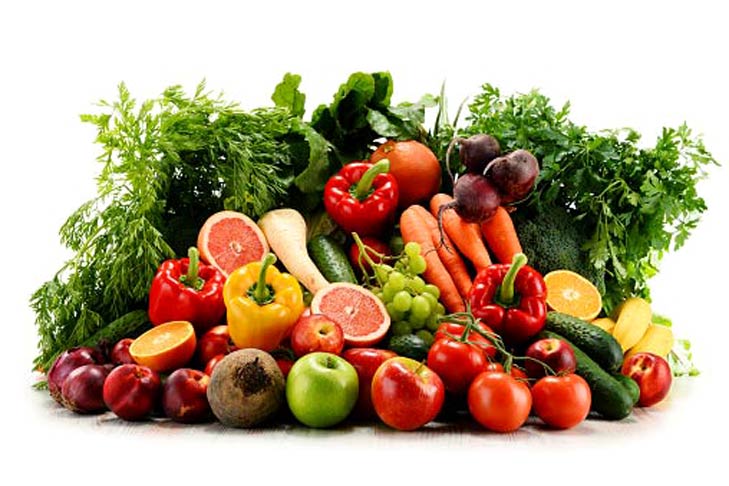Of all the discussions about which human foods are safe or unsafe for dogs, spinach may be one of the most controversial treats. Let’s start by remembering that dogs in the wild are carnivorous. If meat sources are scarce, they may eat vegetation to supplement their diet.
But dogs do not need fruits or vegetables, and some can be toxic; here is a list of which fruits and veggies are safe or unsafe. However, some vegetables have useful nutrients and can also serve as low-calorie snacks. Here are the two sides of the spinach controversy.
Spinach Pros
Spinach contains large amounts of vitamins A, B, C, and K. It also contains iron, antioxidants, beta-carotene, and roughage, which stimulate the digestive tract. Your dog food should be contain all the nutrients your pup needs, but small amounts of spinach can provide some benefits.

Spinach Cons
Spinach is very high in oxalic acid, which blocks the body’s ability to absorb calcium and can lead to kidney damage. There’s some science to back this up. Soluble oxalates, which contain oxalic acid, bind with magnesium and calcium in the blood, which limits the availability of these electrolytes. It leads to a low level of blood calcium, which can cause a sudden metabolic imbalance. Calcium oxalate is excreted through the kidneys and a large amount can cause kidney damage, even kidney failure.
Many sources agree that a dog would have to eat very large quantities of spinach to cause damage. Dogs that have healthy kidneys can easily process small amounts of soluble oxalates. But long-term consumption can cause kidney stress, muscle weakness, abnormal heart rhythms, and even respiratory paralysis. As a result, owners of dogs prone to kidney and bladder stones might want to avoid feeding their pets foods like spinach.

Spinach Takeaways
If you weigh this evidence and decide to feed your dog spinach, preparation is important. The best way to prepare it is steamed. Boiled spinach loses most of its nutrients, and raw spinach is difficult for a dog to digest.
Even steamed, don’t add any spices, herbs, salt, oil, onion, or garlic, since these substances can be toxic for dogs. Chop the spinach; a dog’s digestive tract can’t break down vegetables the way ours does.
If your dog’s kidneys are healthy, and you choose to feed them spinach, give them only small amounts infrequently. This could lower the possibility of calcium malabsorption and kidney damage.
And always consult your vet before adding spinach to your dog’s diet, even as a snack. As we said, dogs don’t need vegetables. In fact, their diet should consist of 25 percent or less vegetable matter. Your vet will help you decide whether spinach will help or harm your dog.

